My friends and I didn't hesitate when we found out a party for queer women was being held at a bar in the center of Hollywood last summer. After all, most of us women of color feel the need for a safe place to shed our shields -- even if it's only for one night.
We talked of nothing else in the week leading up to it, but when we got there we quickly discovered it was a space for some of the ostracized, but not all. Almost everybody was white. The music was mind-numbing, and the sense of loss that came to define our lives was still there.
I couldn't help but wonder: What place is there for a queer woman of color in society? If my questions seem challenging today, imagine the difficulties queer women of color faced in decades past.
That is the world Jewel Thais-Williams came up in. Now 78 years old, Thais-Williams lived through a version of Los Angeles where gay culture wasn't allowed to exist outside of the closet and black people weren't allowed in white-operated underground gay spaces.
"Black women are on the bottom of the totem pole for everything," she says now, making the statement as a fundamental fact that she's come to reckon with, but which she also refuses to let define her life's trajectory.
Her response to the absence of black LGBT spaces? Fixing the problem herself. Thais-Williams ended up founding and running the first black gay disco in Los Angeles -- the historic and legendary Catch One.
The accomplishment is extraordinary, considering that Thais-Williams grew up in a time when work opportunities were rare for black people, and those available mostly left black people banished behind the scenes, kept out of sight as they worked in the backs of stores.
But Thais-Williams had an uncle who owned a grocery store in San Diego, where she worked every Sunday from ages 9 to 16. She'd spend her shifts imagining all the ways she would run her own business. She had no doubt she would be an entrepreneur herself when she got older. That desire led Thais-Williams to migrate to Los Angeles, where she juggled odd jobs while taking classes at the University of California, Los Angeles.
It took 14 years to get her degree, but Thais-Williams never faltered because she was convinced graduating was the only way she'd become a business owner. She ended up owning a dress shop with her sister, but when the recession hit in the '70s, she knew she needed a business that would stay viable even when people were spending less.
"People are going to drink, no matter what," her brother, who owned a couple of liquor stores, told her. But a liquor store felt too impersonal for Thais-Williams.
"I thought perhaps [I'd start] a little club," she said, "where I could be involved with the customers."
Years before, Thais-Williams worked across the street from a place called The Diner's Club. Black folk would often come to her store, complaining they'd been turned away from the club by white people who didn't want black people drinking with them. For years, every time Thais-Williams looked across the street she would think, "One of these days, I'll own that place, and everybody will be able to come."
When The Diner's Club went on sale, she was able to do just that, turning the old spot into everything she wanted it to be and had never been -- a mixed club.
Three very distinct groups came to her club at different times: White people would come during the day, blue-collar blacks in the evening, then late at night, LGBTs of color. But as time went on, the straight white people started to stick around later and later, until they ended up partying with the gays. The boundaries of age, gender, color, and sexuality would eventually disappear. In the words of Thais-Williams: "It was kind of a miracle, really."
It was clear, though, that queer people of color needed a specific haven of their own. There were other gay discos in Los Angeles, like the famous Studio One, but even though gay was OK in those spaces, black still was not. Even women were often turned away at the doors, leaving LGBT people of color still in search of a haven where they could safely be themselves.
They got their aswer in 1973, when Thais-Williams opened Catch One. Unlike her first club, Catch One's intention was gay from the start. It became so much more. In its prime, Catch One's attendance swelled to 1,300 a night and included celebrities like Madonna, Sharon Stone, and Janet Jackson.
As the climate of the world shifted, Catch One changed too, but over the staggering 42 years it was open, it always remained a safe and inclusive place for the black LGBT community.
It was a mainstay through the AIDS crisis: When everyone was in the same spot, race seemed to matter less, and white gay men started to come to Catch One, making for the kind of integrated crowd that would have never been seen in a disco club before.
Something else was inspired by those difficult days too: In 2001, Thais-Williams opened an alternative clinic, offering "nontoxic treatments" for people living with HIV. Since then, The Village Health Foundation has expanded to provide affordable, accessible, and culturally competent complementary health care treatment to an ethnically diverse clientele (services are provided in English, Spanish, Chinese, and Korean).
By the time Thais-Williams reached 76, she knew it was time to "hang up [her] rock and roll shoes," and focus more of her energy on the nonprofit clinic.
She's hosting a Tea Dance fundraiser for the clinic Sunday, March 25 -- at the old Catch One nightclub. The event will honor Bill Alexander, Catch One's first disc jockey, and feature a live performance by Thea Austin (singer of '90s hit "Rhythm Is a Dancer") as well as DJ Key-Key and DJ A-Ski spinning tunes from the disco era to hip-hop.
Thais-Williams has optimistic but grounded words of advice for those who follow in her footsteps.
"Don't let anyone or anything take away your joy or passion for accomplishing what you want to do." Change doesn't happen overnight, but that was something that never bothered her. "I got a lifetime," she told herself. "I can work it out."
CHANELLE TYSON is a Los Angeles-based writer and filmmaker. Her work has been recognized by Outfest, WhoHaha, and ScreenCraft. She is dedicated to representing the narratives of the LGBT community and people of color with her art.

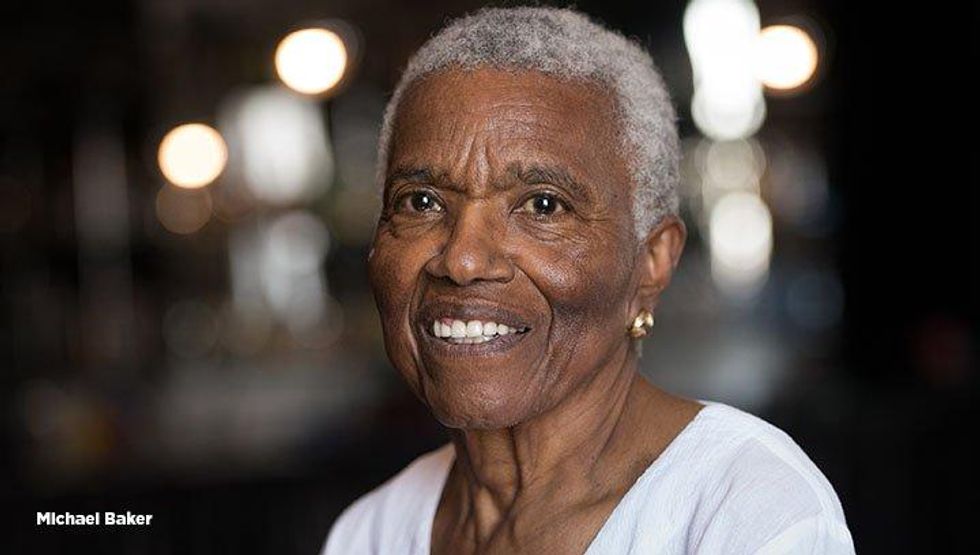
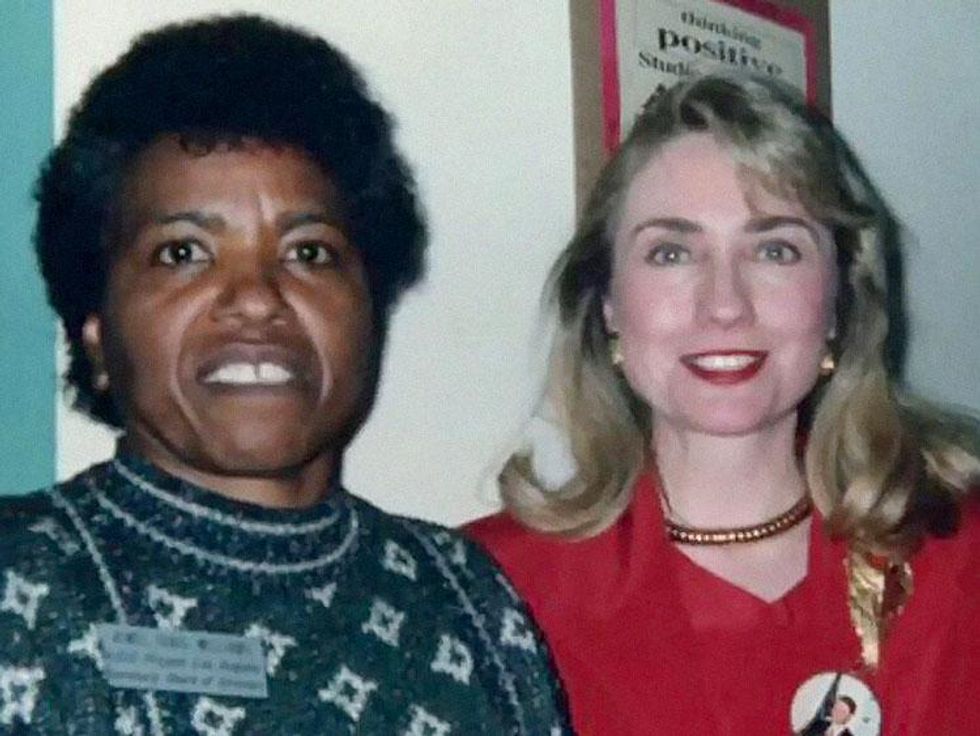
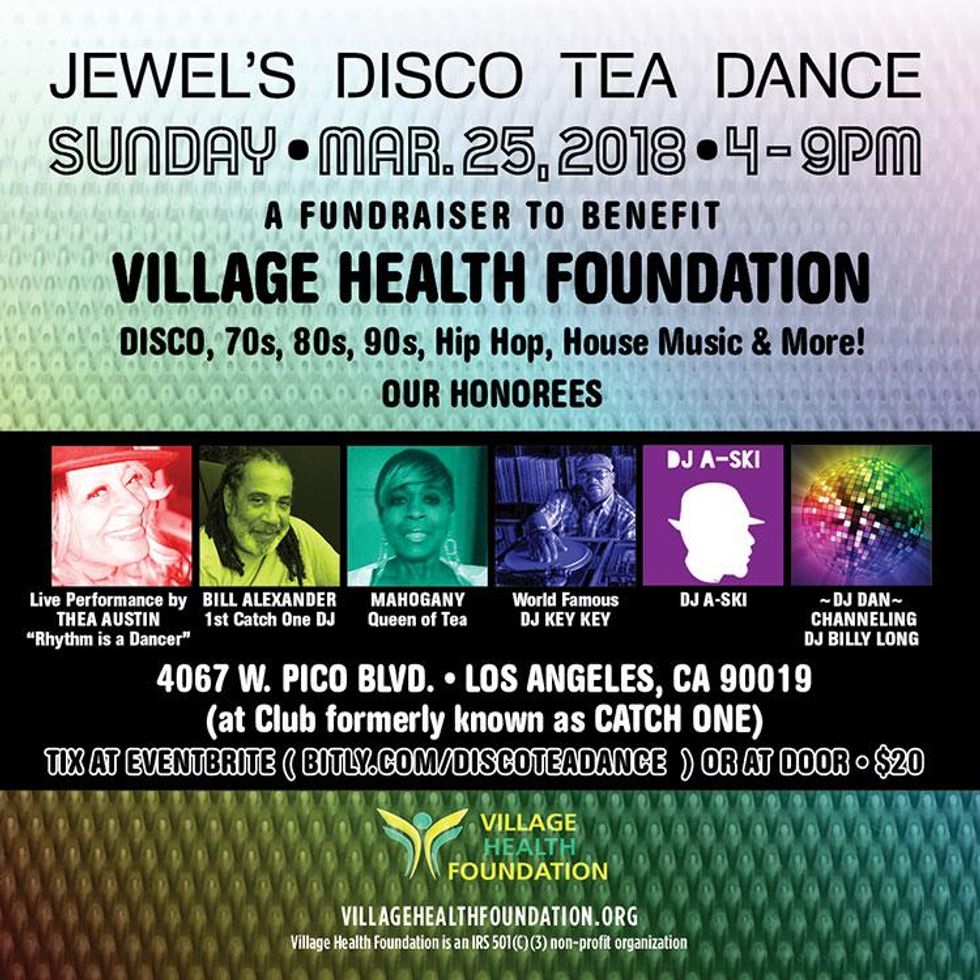





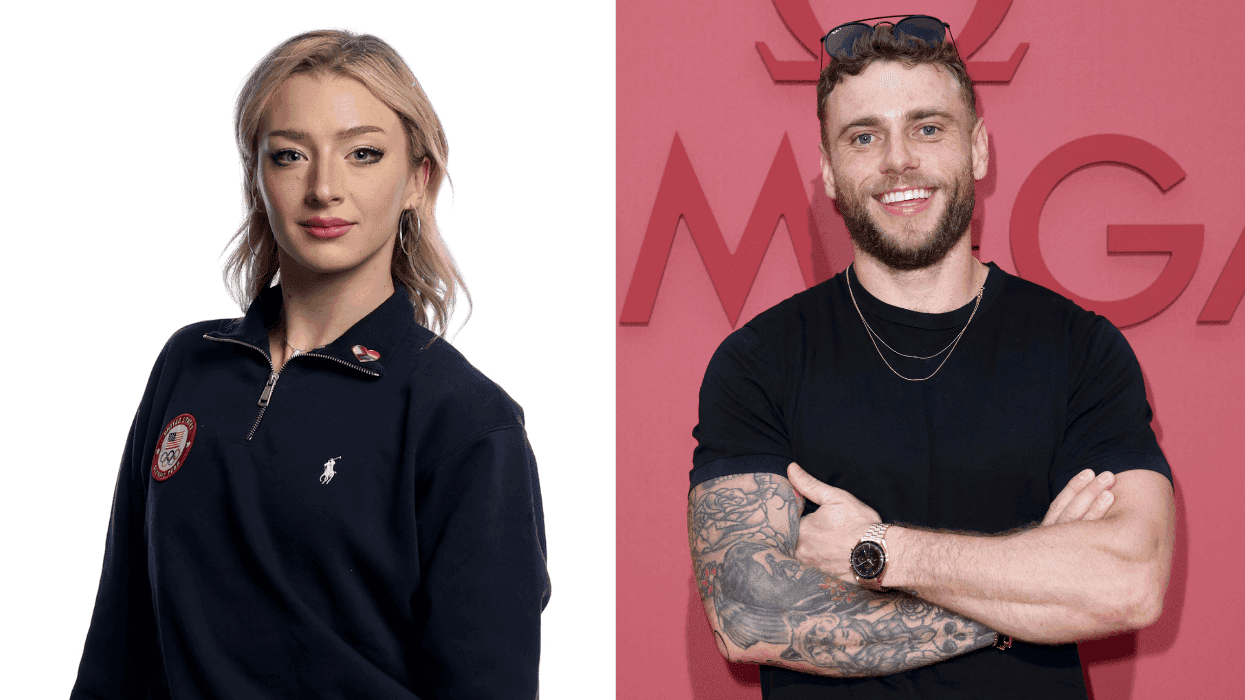

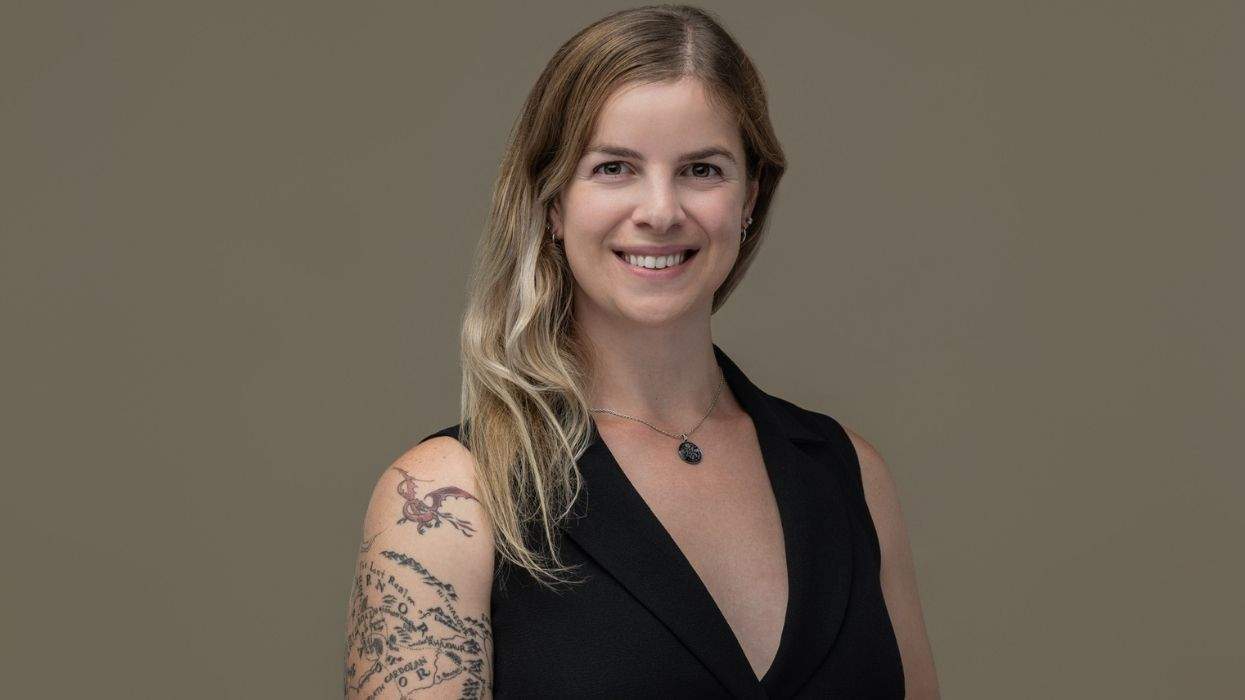
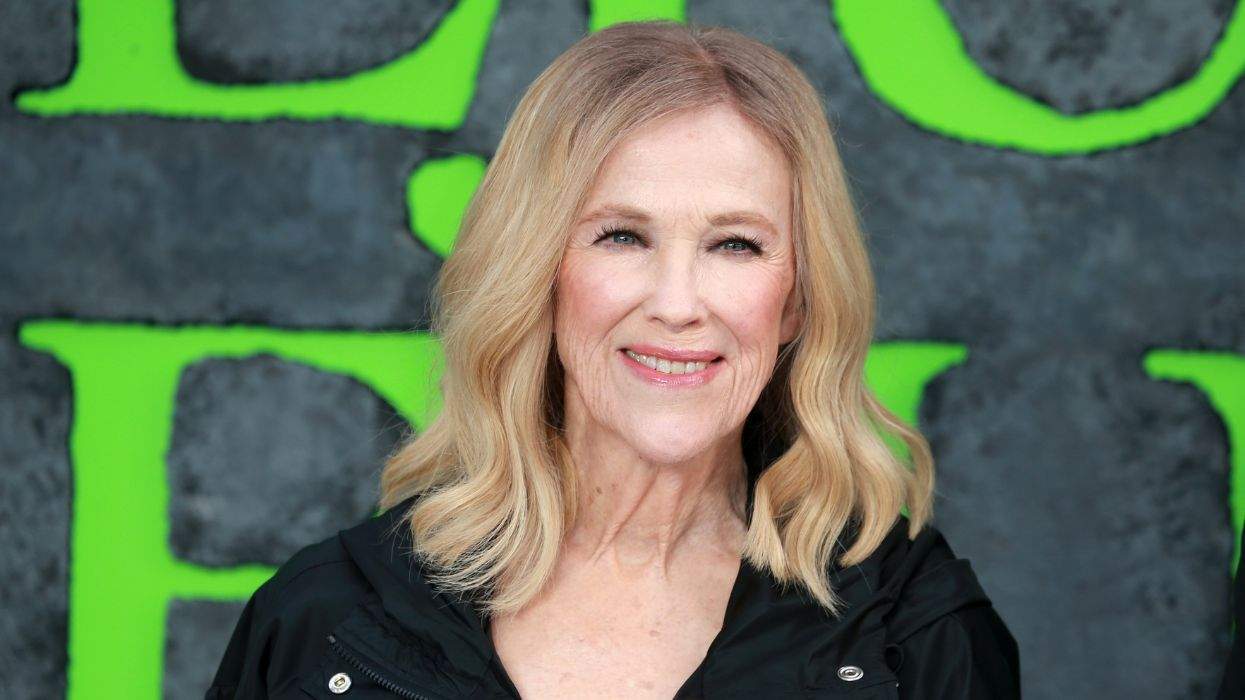





Charlie Kirk DID say stoning gay people was the 'perfect law' — and these other heinous quotes
These are some of his worst comments about LGBTQ+ people made by Charlie Kirk.